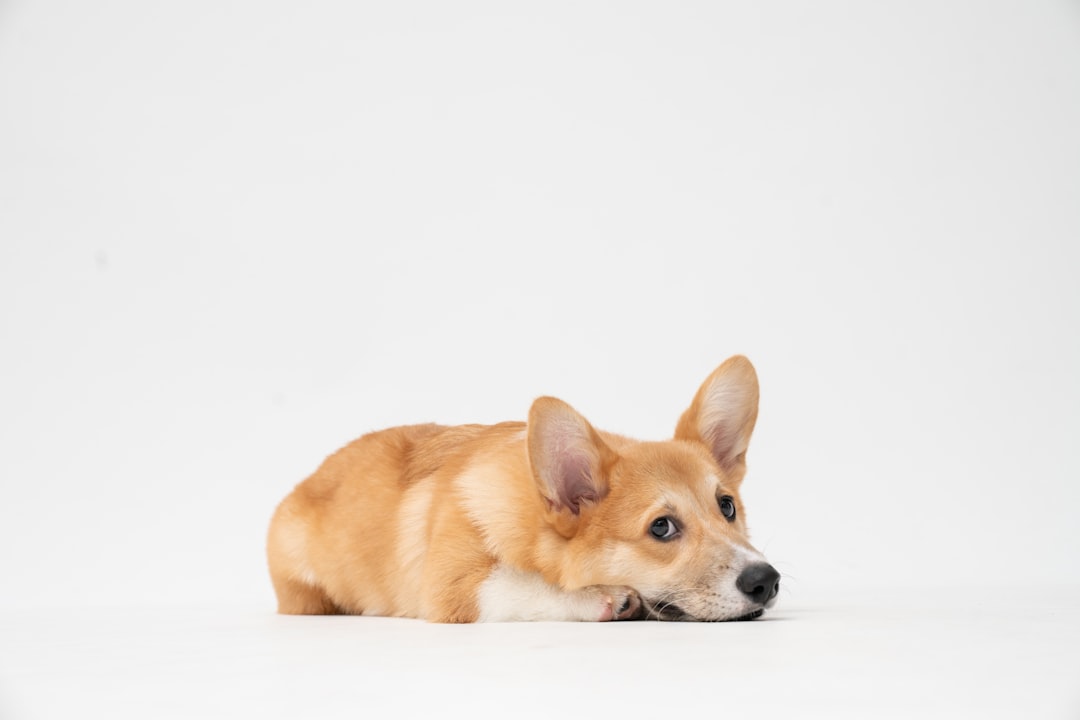 Photo from Unsplash
Photo from Unsplash
Originally Posted On: https://anianimalintuitive.com/do-animals-grieve-like-humans/
It is estimated that around 75% of dogs are depressed. For most pet owners, this is disturbing news. After all, making your four-legged friend happy is a top priority.
Many things can cause depression. However, for some pets, depression is a side effect of grief.
Have you ever wondered if your pet feels sad when another pet in your house goes away? Or if animals in the wild feel lost when a family member doesn’t return?
Humans often experience a deep sense of loss when someone they love dies. We call this feeling grief.
But what about animals? Do they feel the same way?
We have some answers, and they might surprise you. Even pet psychics, who say they can talk to animals, often report animals feeling things like human grief.
Understanding Animal Emotions
Understanding animal emotions can be a fascinating journey. Animals, just like humans, experience a wide range of feelings.
They feel joy when they play, fear during threatening situations, and even sadness when they experience loss. They may not express these emotions as humans do, but the signs are there if we take the time to observe and understand.
For instance, a happy dog may wag its tail, while a scared cat may hide. More complex emotions like grief can be exhibited through changes in behavior, like a pet not eating or playing as much when they lose a companion. As we strive to understand animal emotions, we should remember that they deserve our empathy and care because they feel things deeply, much like we do.
Animals Show Signs of Grief
Animals, akin to humans, exhibit various signs of grief. These indicators may not mimic human expressions of grief but shift the animal’s normal behavior, demeanor, or habits.
Decreased Activity and Appetite
Grieving animals might lose interest in activities they once found enjoyable, like playing or exploring. Their eating habits might change as well. Some may eat less or completely refuse food. This can lead to noticeable weight loss.
Altered sleep patterns are another sign. Some animals sleep more than usual, while others struggle to rest.
Changes in Social Interactions
Certain animals may seek solitude during their grieving period, distancing themselves from their human caregivers or other animals in the home. They might appear unusually quiet, lethargic, or unresponsive. Conversely, some animals may become excessively clingy, seeking more attention and physical comfort than usual.
Evidence of Grief in Wild Animals
In the wild, instances of animal grief are often seen among elephants. Upon the death of an elephant, others in the herd displayed clear signs of mourning.
They may guard the body, touch it gently with their trunks, and make distinct vocalizations. They often return to the site of the death, indicating a memory of their lost companion.
Recognizing these signs of grief in animals is vital as it aids us in empathizing with them and providing appropriate support and care during such tough times. Much like humans, animals require understanding and compassion when they grieve. Their grief underlines the deep emotional bonds they form, further emphasizing the complexity of their emotional world.
Caring for a Grieving Pet
It is important to recognize that your pet might be grieving. The signs might include changes in behavior, such as eating or sleeping less, becoming more withdrawn, or showing less interest in play.
Providing Emotional Support
During this time, your pet needs emotional support. Extra cuddles, soft words, and spending quality time together can provide comfort. Your presence is reassuring, reminding them they are not alone during this challenging time.
Engaging in Comforting Activities
Engage your pet in activities they enjoy. A favorite game, a special treat, or a gentle grooming session could distract them from their sadness. Maintaining their routine can also provide a sense of normalcy and security.
Seeking Professional Help
If your pet’s grief doesn’t seem to lessen over time, it might be necessary to seek help from a professional, like a vet or an animal therapist. These experts can provide advice and treatment options to help your pet navigate their grief.
Caring for a grieving pet requires patience and empathy. Remember, just as it takes time for humans to heal after a loss, it also takes time for pets. Your love and support are the best gifts you can give your pet during this difficult time.
You can also seek therapy for animals. This may help your grieving pet.
Pet Psychic’s Insight on Animal Grief
Pet psychics often talk about the deep connections animals have with each other. They suggest that animals can grieve just like us but in their own unique ways.
Pet psychics tell us that animals show their grief through their behavior by being less playful or eating less. They may also stay in places that remind them of their lost friend.
Ani’s Podcast on the Business News Network covers this on episode 7631 “Do Animals Grieve Like Humans”
Understanding Your Pet’s Grief
Animals are more like us than we often think. They can feel a range of emotions, including grief, and show it in ways we can recognize if we pay attention. So, the next time you see your pet seeming a bit off, remember they might feel like you do.
And remember, whether it’s a pet communicator, an animal therapist, or even a pet psychic, some people can help understand what your pet is going through. They can provide care and support for your pet during tough times. Like us, animals deserve to be understood, loved, and cared for, especially when grieving.
Are you looking for more information about how to know how your pet is feeling? If so, contact us.





